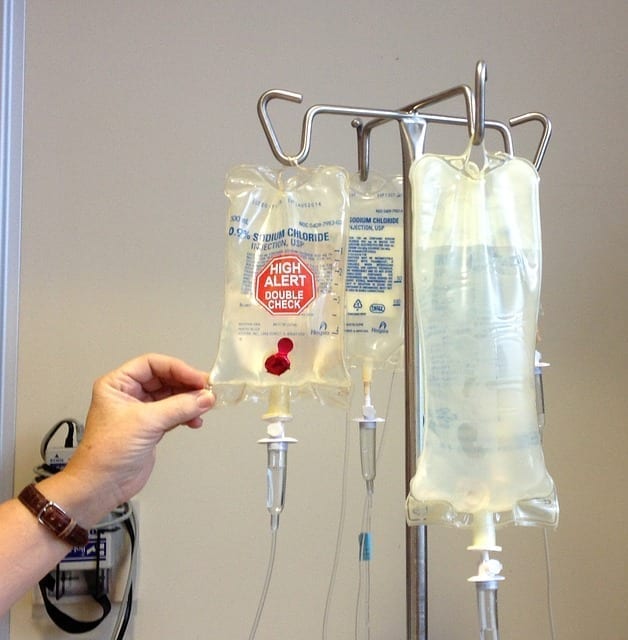A recent study has found that undergoing chemotherapy after having surgery for a rare kidney cancer reduces the chance of cancer relapse by 50%.
The recent study was published in The Lancet and was funded by the Cancer Research UK.
The results showed that the treatment is best for patients who have a rare cancer called urothelial carcinoma (cancer affecting the passage between the bladder and kidneys) when the disease is in the beginning stages of spreading. These findings can potentially affect the clinical practices around the world for patients with cancer like this and offer better survival rates.
Only 1,000 people in the world are diagnosed in the UK each year with ureter and renal pelvis cancers. These type of diseases are not usually found until a later stage and more than half of all patients die. Consequently, these new results offer promising effective treatments for patients in the future. Researchers are currently working to include their results into the international clinical practice guidelines so that chemotherapy can become standard for patients with these types of rare cancers.
The trial, conducted by researchers from The Institute of Cancer Research in London, included 261 people who had cancer of the ureter and renal pelvis. The patients were tested to see how effective four cycles of two different chemotherapies were in comparison with standard treatment protocols, which only includes monitoring after surgery.
The results showed that the chemotherapy offered the opportunity for patients to live cancer free for three years or more.
In fact, over 70% of patients who were administered chemotherapy lived for three or more years without the cancer coming back in comparison with 46% of people who did not receive chemotherapy.
It should also be noted that patients who underwent chemotherapy had serious side effects compared with those who did not go through chemotherapy.
Researchers are planning to continue research and examine the effects of immunotherapy (along with chemotherapy) for patients to see if it can even further increase survival rates.
One patient who participated in the trial is 74-year-old Richard Marchant. He participated in the trial in 2014 and his cancer has stayed away ever since. He states,
“I’ve been able to get on with my life, going on holiday, speed walking to keep fit and enjoying playing and singing some of my favorite Buddy Holly and Eagles tunes.”
Read the full story here.






